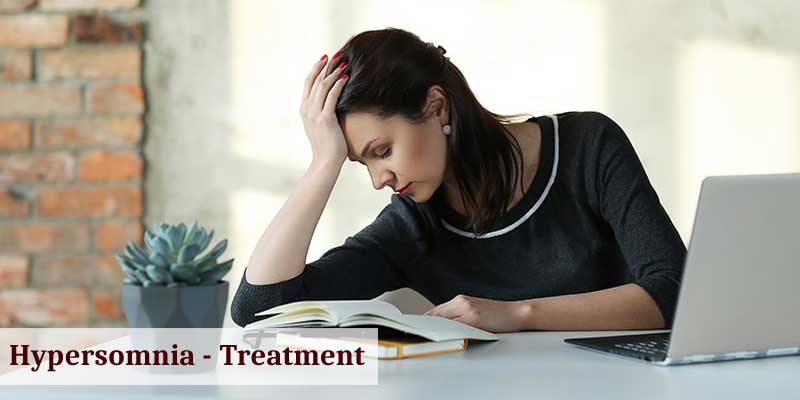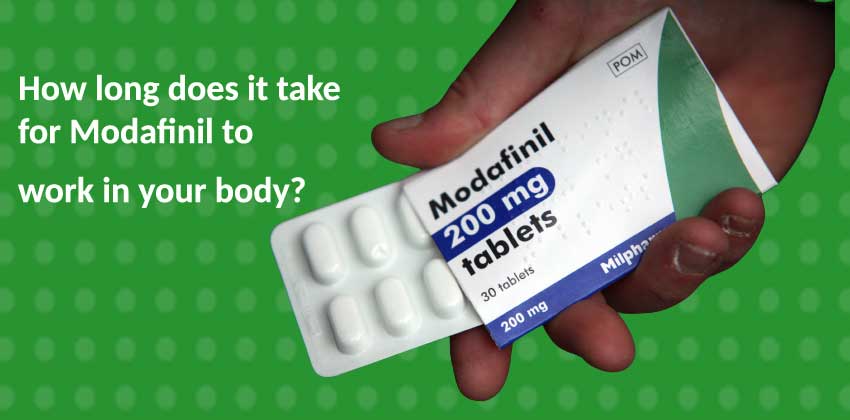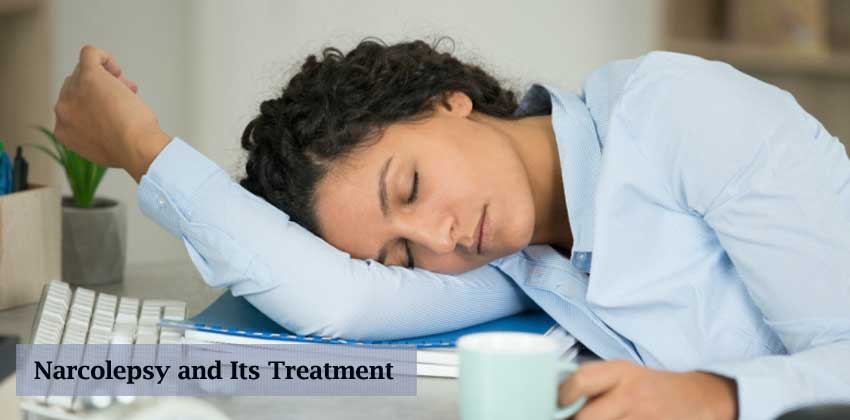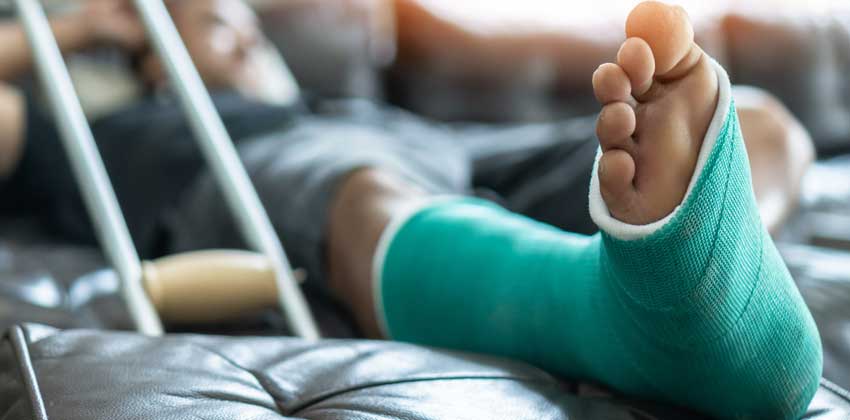-
Choose Store:


- Track Your Order
- My Account
- My Wishlist
- Log In
Hypersomnia: What causes it and how to treat this sleep disorder?

Nowadays, a number of people experience excessive daytime sleepiness because of fatigue or other medical conditions like sleep apnea. Are you experiencing the problem of hypersomnia? If yes, then keep reading this article to know how to deal with hypersomnia.
What is hypersomnia?
Hypersomnia is a condition in which you experience excessive sleepiness at the time of day. It might even occur after having long stretches of sleep. However, hypersomnia is also known by another name i.e., excessive daytime sleepiness (EDS).
It is important to know that hypersomnia can be a primary condition or a secondary condition. Secondary hypersomnia is usually the outcome of another medical condition.
People experiencing the problem of hypersomnia often have trouble functioning during the day. This happens because they feel tired frequently which further affects their energy and concentration level.
Who experiences hypersomnia?
Hypersomnia is very common in females as compared to males. It is noticed that hypersomnia affects almost 5% of the population. This is mainly diagnosed in adolescence or young adulthood.
Types of hypersomnia
Hypersomnia can be of two types:
- Primary hypersomnia
- Secondary hypersomnia
Primary hypersomnia
When it comes to primary hypersomnia, there is no medical condition linked to it. The only symptom of this type of hypersomnia is extreme fatigue.
Secondary hypersomnia
Secondary hypersomnia happens due to other medical conditions. The major reasons behind this type of hypersomnia are kidney failure, sleep apnea, chronic fatigue syndrome as well as Parkinson’s disease.
Both primary and secondary hypersomnia conditions lead to poor sleep at night and make you feel tired during the daytime.
It is important to know that hypersomnia is not the same as narcolepsy which is a neurologic disorder. This disorder further causes sudden inevitable sleep attacks during the daytime. People suffering from hypersomnia might stay awake on their own but feel fatigued at the same time.
Are there any symptoms of hypersomnia?
The main symptom of hypersomnia is feeling continuous drowsiness. If you suffer from hypersomnia, then you might take naps throughout the day without realizing drowsiness. Not only this, but you will also find difficulty waking up from long periods of sleep.
Some of the other symptoms of hypersomnia include:
- Anxiety
- Low energy
- Loss of appetite
- Irritability
- Restlessness
- Slow thinking
- Difficulty in remembering
How to diagnose hypersomnia?
In order to diagnose hypersomnia, your doctor will first review all your symptoms and medical history. For testing alertness, a physical exam is also conducted.
Doctors usually conduct various tests to diagnose hypersomnia, including:
- Sleep diary: In this, you need to record your sleep and awake up a few times throughout the night to check your sleeping patterns.
- Multiple sleep latency test: During the day, you require to take a monitored nap. This test helps to evaluate the types of sleep you experience.
- Epworth sleepiness scale: To regulate the seriousness of the condition, you rate your sleepiness through the Epworth sleepiness scale.
- Polysomnogram: For this, you have to stay at a sleep center for a night. A machine will monitor brain activity, oxygen levels, eye movements, breathing function, and heart rate.
These are some effective ways that can help you to diagnose hypersomnia.
Treatment options for hypersomnia
Depending upon the cause of your hypersomnia, the treatment option of hypersomnia might differ. The treatment options for hypersomnia include both medical approaches as well as lifestyle changes.
Medicines
Some of the wakefulness-promoting agents include , , and Pitolisant.
Before starting your treatment with any medications, it is vital to consult a sleep specialist or doctor. Remember the doctor will first find out how you are feeling and decide which medicine is working best for you. Your healthcare provider also checks if dose adjustment is required or if you need to add other medicines.
Lifestyle changes
When it comes to the treatment process of hypersomnia, lifestyle changes are the most essential part. A doctor might first suggest you get on a regular sleeping timetable. You also need to avoid some activities in order to improve symptoms, mainly during your bedtime.
People suffering from hypersomnia should not drink alcohol or use any other drugs. Your doctor will also tell you to maintain energy levels naturally by taking a high-nutrition diet.
Behavioral therapy
Individuals suffering from insomnia can be referred for cognitive behavioral therapy by a doctor. This behavioral intervention will help to strengthen your cues for going to bed. As a result, your cues for wakefulness will be weakened automatically.
The main goal of this therapy is to improve your sleep quality and quantity. Not only this but thoughts that interfere with your normal sleep patterns will also be reduced.
Therefore, people suffering from hypersomnia should consult the healthcare provider once and start the treatment accordingly.
Conclusion
Hypersomnia can be a debilitating condition that affects many people. It is important to understand the different types of hypersomnia, as well as their symptoms and treatments, in order to get proper medical help. With the right combination of medicines and lifestyle changes, it is possible to manage hypersomnia and lead a healthy life. If you or someone you know is struggling with hypersomnia, do not hesitate to consult your doctor for advice on treatment options.






